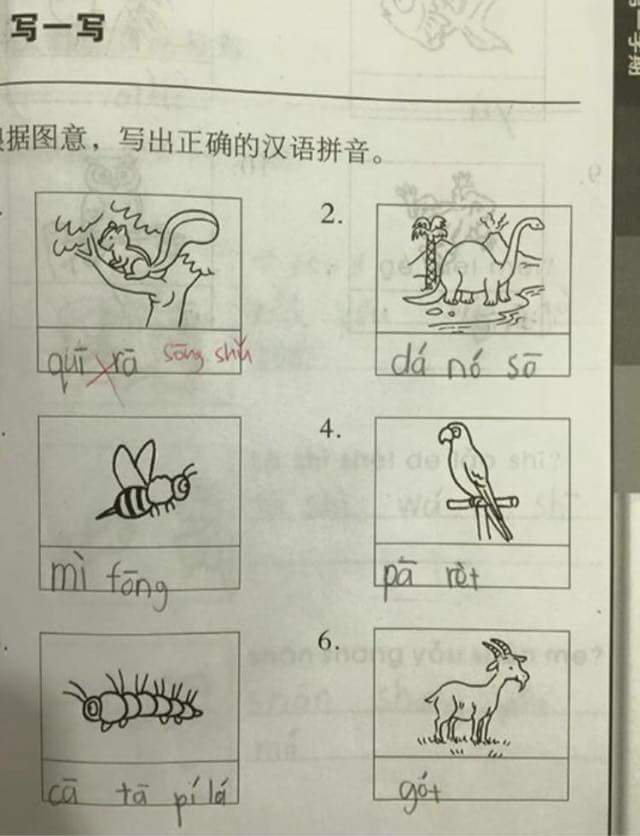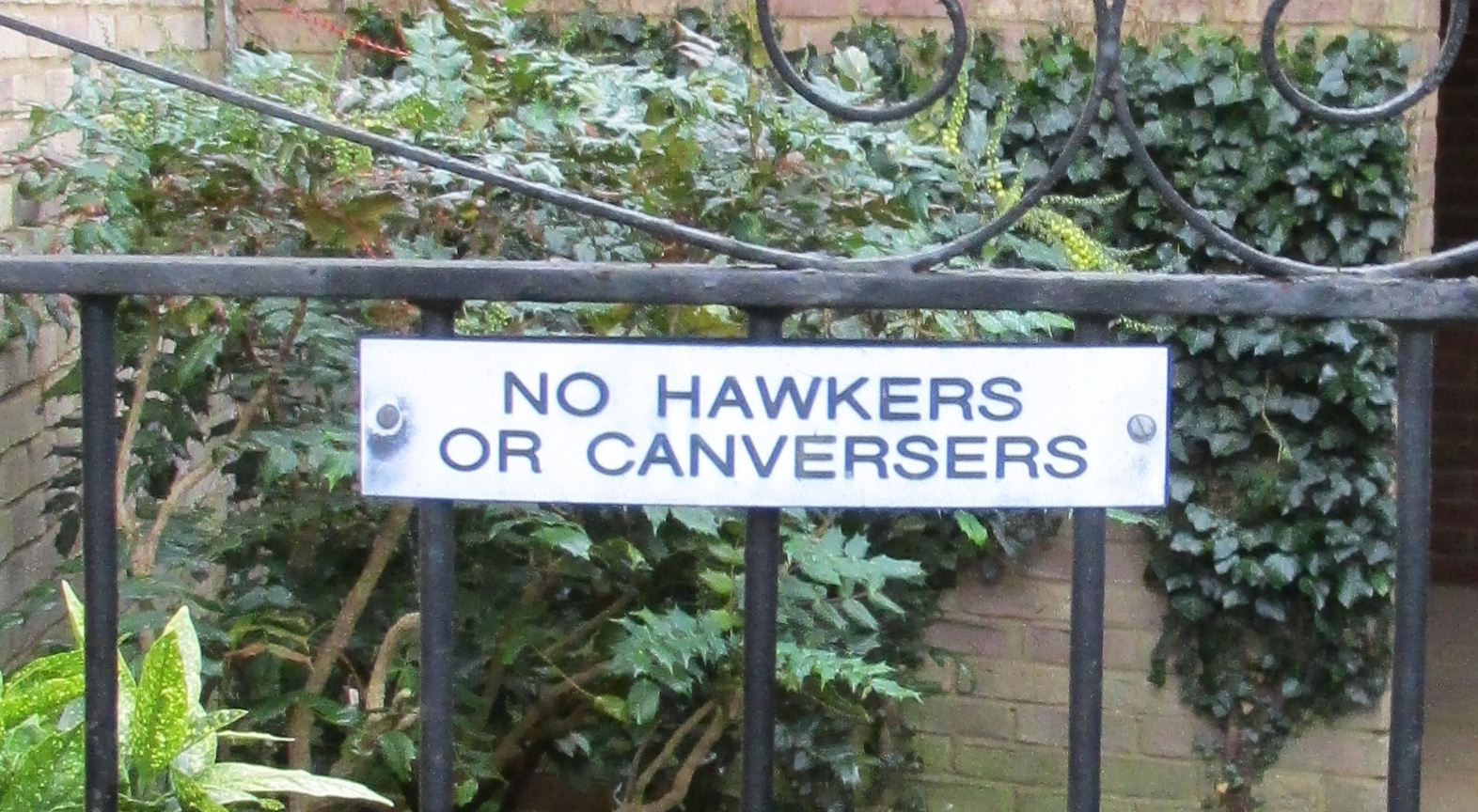Clueless Microsoft language processing
A rather poetic and imaginative abstract I received in my email this morning (it's about a talk on computational aids for composers), contains the following sentence:
We will metaphorically drop in on Wolfgang composing at home in the morning, at an orchestra rehearsal in the afternoon, and find him unwinding in the evening playing a spot of the new game Piano Hero which is (in my fictional narrative) all the rage in the Viennese coffee shops.
There's nothing wrong with the sentence. What makes me bring it to your notice is the extraordinary modification that my Microsoft mail system performed on it. I wonder if you can see the part of the message that it felt it should mess with, in a vain and unwanted effort at helping me do my job more efficiently?
Read the rest of this entry »
Permalink Comments off




